
Politburo member, National Assembly Chairman Tran Thanh Man speaks at the meeting of the National Assembly Standing Committee
Perfecting the civil enforcement system
At the meeting of the National Assembly Standing Committee to give opinions on the draft Law on Civil Judgment Enforcement (amended), on August 12, Deputy Minister of Justice Mai Luong Khoi said that the draft Law consists of 5 Chapters, 96 Articles; 4 Chapters are reduced, 48 Articles are omitted, 1 Article is kept the same, 131 Articles are amended and merged; 15 new Articles are added compared to the current Law on Civil Judgment Enforcement.
The Draft Law regulates groups of contents such as the current Law on Civil Judgment Enforcement, and at the same time amends and supplements them to fully and promptly institutionalize the Party's policies and guidelines; overcome current shortcomings and lack of uniformity, including: the scope of enforcement of judgments and decisions organized by civil judgment enforcement agencies and basic principles in civil judgment enforcement; regulations on the rights and obligations of litigants, persons with related rights and obligations; the system of civil judgment enforcement organizations; tasks, powers and responsibilities of agencies, organizations and persons with authority in civil judgment enforcement; procedures for civil judgment enforcement; complaints, denunciations, protests and recommendations on civil judgment enforcement.
Regarding the revised and improved contents, the Deputy Minister of Justice said that the draft Law improves the organization and operation; tasks and powers of civil judgment enforcement agencies, competent persons in civil judgment enforcement, the People's Procuracy, the People's Court; the roles and responsibilities of agencies, organizations and individuals related to civil judgment enforcement activities.
Briefly presenting the review report, Chairman of the Law and Justice Committee Hoang Thanh Tung said that the Standing Committee of the Law and Justice Committee agreed with the necessity of promulgating the Law for the reasons stated in the Government's Submission.
Regarding the scope of amendments and the process of reviewing and approving the Law, due to the urgent time, to ensure the quality and progress of approval at a session, the Standing Committee of the Law and Justice Committee requested the Government to direct the continued completion of the draft Law dossier.
In particular, it should be noted: For new content that fundamentally changes civil judgment enforcement activities (such as legalizing the Civil Judgment Enforcement Office from the Bailiff model), it is recommended to consider options for regulating the model, authority, order, and procedures that are appropriate and feasible; adjust the structure of chapters and articles according to each content, ensuring rationality, science, and convenience for searching and referencing when applied to both civil judgment enforcement systems; clearly determine the effective date of the Law in the draft.
Simplify procedures for the Law to be enforced
Commenting on the draft Law on Civil Judgment Enforcement (amended), National Assembly Chairman Tran Thanh Man emphasized that the promulgation of the Law not only aims to perfect the legal framework, remove obstacles and difficulties in the practice of judgment enforcement, but also contributes to ensuring the rights of relevant parties, improving the effectiveness of state management and promoting justice in the field of civil judgment enforcement.
"What needs to be included should be encouraged to be included in the Law. When building laws related to human rights, we need to be detailed and specific for easy implementation," the National Assembly Chairman stated.
The National Assembly Chairman highly appreciated the Ministry of Justice - the drafting agency, for organizing scientific seminars in Ho Chi Minh City on March 25, 2025, in Nha Trang on April 25, 2025, and in Hanoi on July 4, 2025. Experts and scientists contributed many ideas in these seminars.
Regarding the rights and obligations of the person subject to enforcement and the person enforcing the judgment, the National Assembly Chairman said that here we need to simplify, not requiring an enforcement application in all cases as many opinions discussed. Second is the cost of verification, conditions for enforcement. Third is complaints and denunciations.
Regarding the criteria for appointing Executive Members, the National Assembly Chairman agreed with the provisions of the draft Law on the appointment of transferred or seconded Executive Members without having to take an exam or be re-appointed, with 5 years of experience for primary level, 10 years for intermediate level, and 15 years for senior level.
“From the recent practice of expanding the appointment of Executive Officers, comrades, please consider and reconsider carefully. We choose talented people to be Executive Officers in the current situation, especially in building a socialist rule-of-law state to ensure good law enforcement,” the National Assembly Chairman noted.
In addition, the National Assembly Chairman said that it is necessary to pay attention to giving priority to disadvantaged areas, and supplement regulations allowing the selection and appointment of Enforcement Officers without examination for those who commit to working for 5 years or more in mountainous, border, island, ethnic minority and areas with especially difficult economic conditions.
Regarding the exemption and reduction of state budget revenues, the National Assembly Chairman said that this is an issue that many delegates are very interested in. How can there be a mechanism to exempt and reduce the obligation to execute judgments on state budget revenues but must ensure compliance with criminal policies, principles of the Penal Code, Law on Criminal Enforcement, and this is an issue that we must consider.
Therefore, the National Assembly Chairman suggested that enforcement agencies have the right to consider exemptions and reductions for judgments that are not enforceable to increase feasibility and avoid prolonged situations due to strict procedures. The National Assembly Chairman affirmed that in the enforcement of civil judgments, we must carry out administrative reforms and simplify procedures so that the Law can be enforced and ensured during the implementation process.
Regarding the application of information technology, the National Assembly Chairman emphasized the need to digitize and transform digitally to digitize execution records, deploy software to receive and organize execution. Build an online execution notification system to improve the efficiency of handling and recovering assets.
“If we digitize and transform, we will increase transparency and publicity in civil judgment enforcement. We have specific regulations on the use of national databases in verifying the assets of judgment enforcers to ensure transparency and efficiency; it is necessary to promote the socialization of civil judgment enforcement activities; perfect the system of sanctions for acts of obstructing judgment enforcement. At the same time, clearly define the responsibilities of competent agencies to support judgment enforcers, clarify the tasks and powers of bailiffs to overcome current limitations, and ensure operational efficiency,” the National Assembly Chairman suggested.
Hai Lien
Source: https://baochinhphu.vn/hoan-thien-he-thong-thi-hanh-an-dan-su-don-gian-hoa-thu-tuc-de-luat-duoc-thuc-thi-102250812180918882.htm





![[Photo] President Luong Cuong receives delegation of the Youth Committee of the Liberal Democratic Party of Japan](https://vstatic.vietnam.vn/vietnam/resource/IMAGE/2025/8/22/2632d7f5cf4f4a8e90ce5f5e1989194a)

![[Photo] Prime Minister Pham Minh Chinh chairs the conference to review the 2024-2025 school year and deploy tasks for the 2025-2026 school year.](https://vstatic.vietnam.vn/vietnam/resource/IMAGE/2025/8/22/2ca5ed79ce6a46a1ac7706a42cefafae)








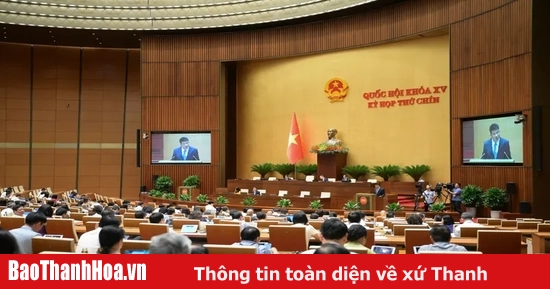





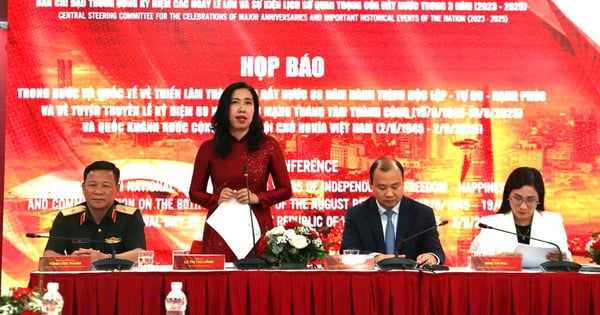






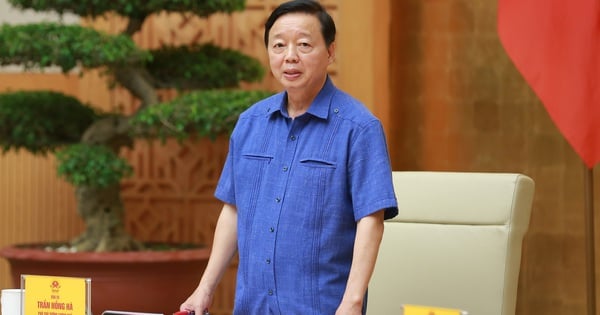



















































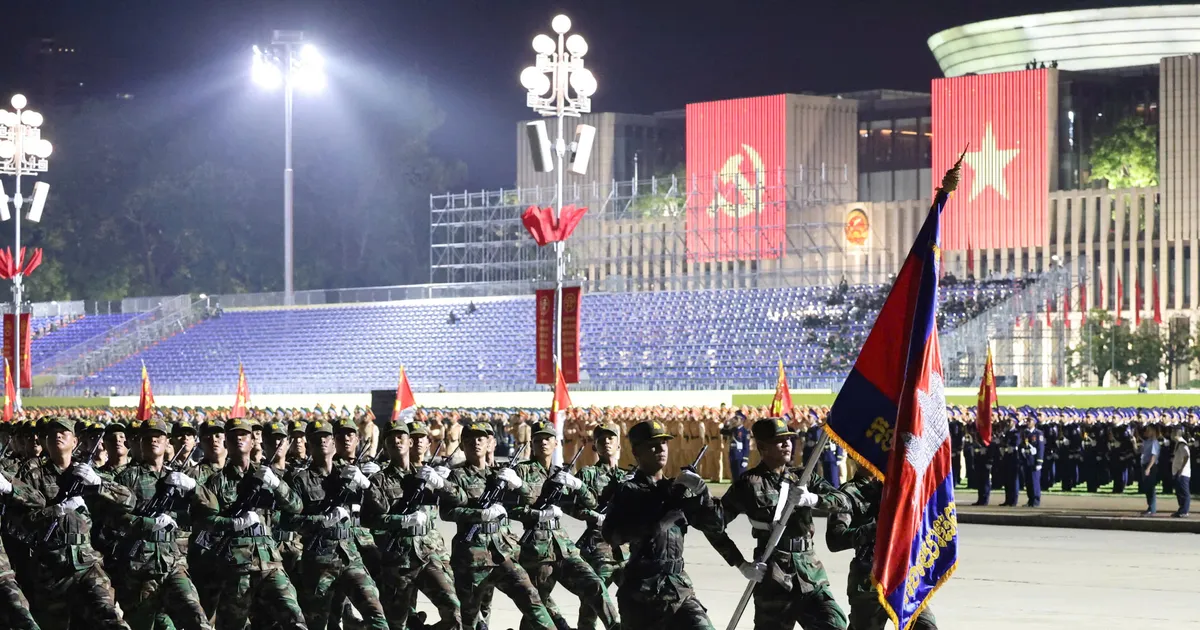


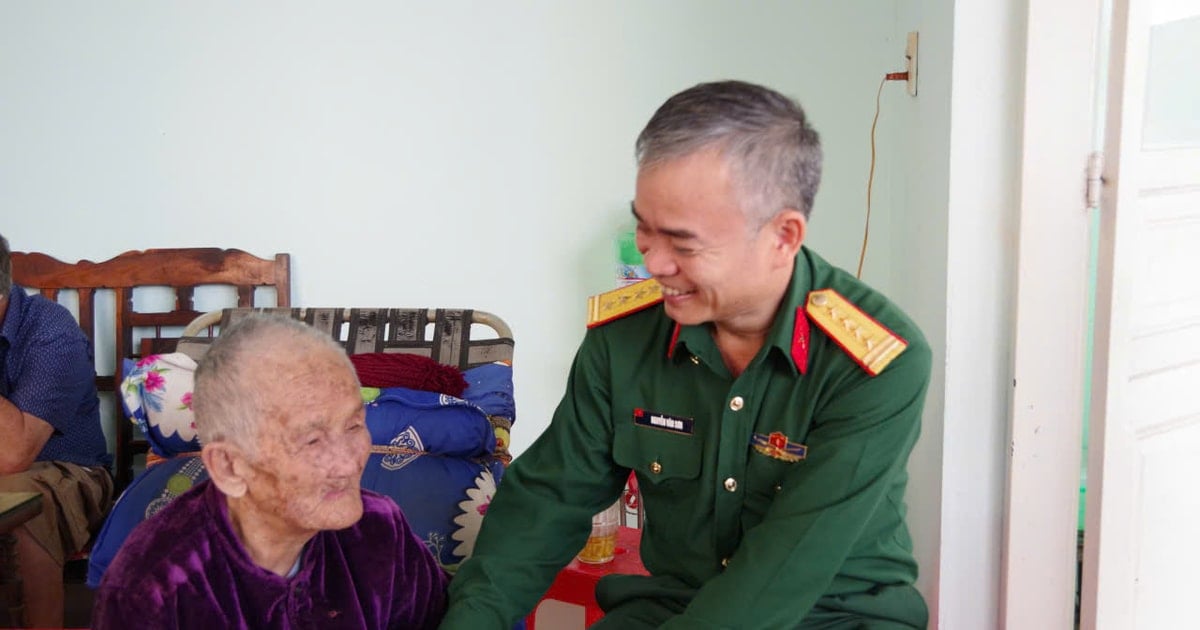



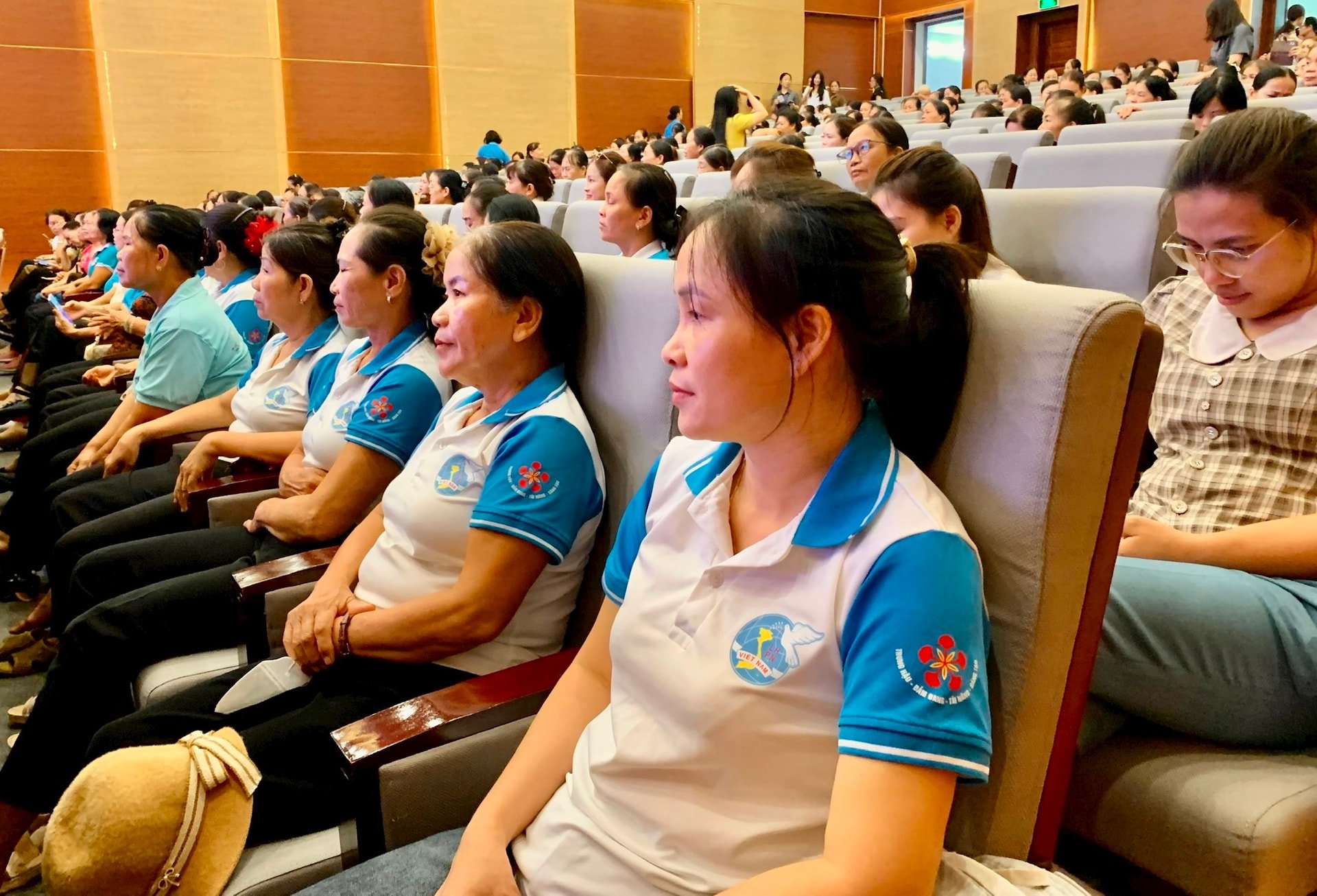














Comment (0)